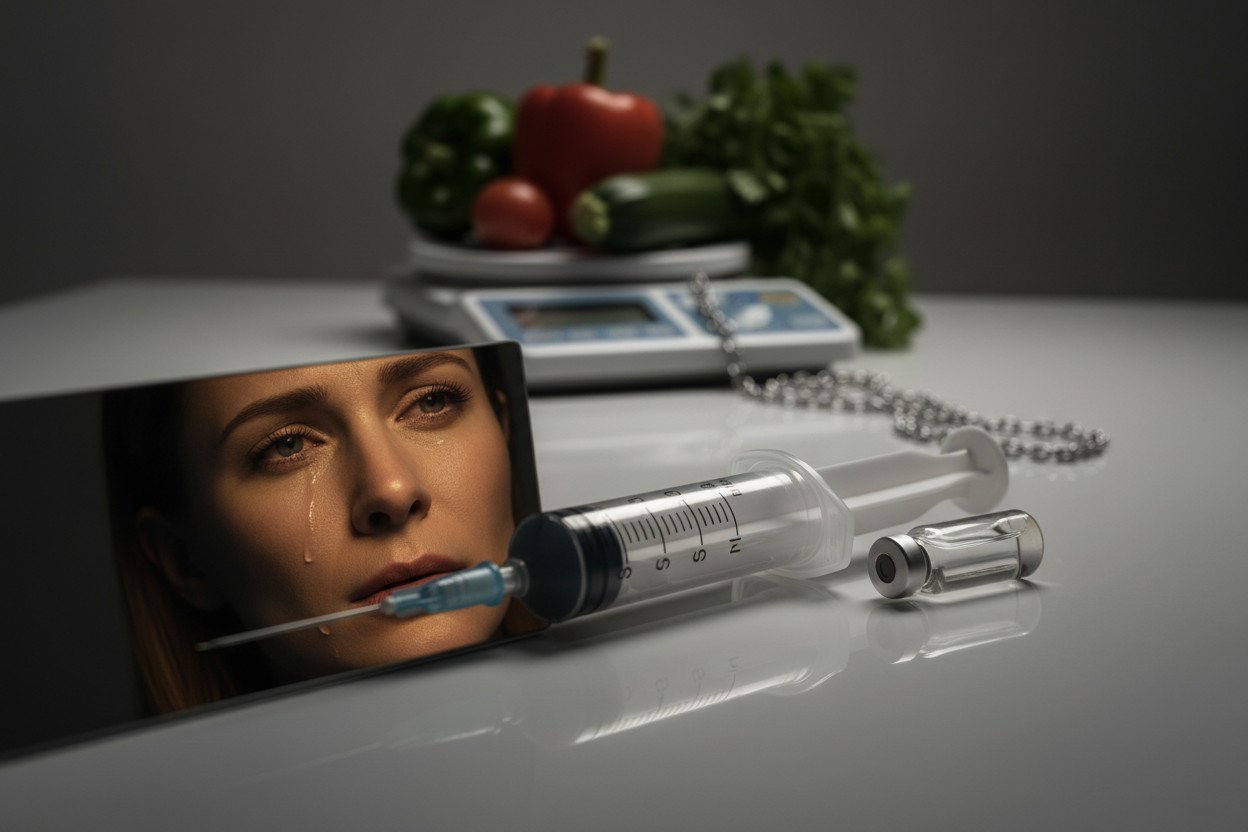An op-ed in the New York Times is calling for a “new definition of death” so that we can increase the number of available donor organs.
I’m not exaggerating, it’s right there in the headline:
Donor Organs Are Too Rare. We Need a New Definition of Death.
Sometimes you can only look at a headline and wonder.
Of course, redefining words and phrases is nothing new in the Great Reset world. “Case”, “cause of death”, “vaccine”, “terrorist”, “democracy”…all have received updated definitions in just the last few years. Rubberizing language so that words become malleable, with vague or even totally inverted meanings, is par for the course, just as Orwell predicted.
In this case, you take the word dead and “broaden” its definition to include…people who are alive.
Again, I’m not exaggerating:
The solution, we believe, is to broaden the definition of brain death to include irreversibly comatose patients on life support. Using this definition, these patients would be legally dead regardless of whether a machine restored the beating of their heart.
The justification is simple: we need more donor organs, and there aren’t enough people suffering either brain death or circulatory death. Therefore, we must broaden our definition of death to include people who are comatose for a long time.
People who are comatose aren’t really alive, after all. It’s the higher functions that really define life.
Yes, seriously:
The brain functions that matter most to life are those such as consciousness, memory, intention and desire. Once those higher brain functions are irreversibly gone, is it not fair to say that a person (as opposed to a body) has ceased to exist?
I’m sure nobody reading this really needs me to explain what terrible precedent this will set…but I’m going to.
Firstly, let’s point out the obvious: The second “irreversibly comatose” becomes the new standard for “dead” there will be pressure – unspoken, or otherwise – on medical practitioners to declare people such. Especially if it’s about harvesting organs.
Institutions dissolve responsibility in “protocols” and “guidelines”, we saw that during Covid. Nobody has to knowingly or deliberately kill someone, just tick a box on a form and let the machinery click in to motion.
The improved outcomes for patients awaiting donors will be reported (whether or not they really exist). The parents suing hospitals for harvesting organs “too promptly” or “without certain consent” won’t be.
More generally, the moment you start loosening the boundary between life and death with talk of “meaningful life” or life “worth living”, you’re tip-toeing up to the eugenics line. First, it’s the “irreversibly comatose” (who may, you must remember, wake up and be fine). Then it’s the physically crippled, the mentally disabled, the old and infirm.
After all, can someone with Alzheimer’s or dementia really be considered “alive” if they can’t remember who or where they are? Can someone with Parkinson’s really be considered living if they can’t move?
This isn’t a slippery slope, it’s a sheer cliff face slathered in baby oil.
We are already seeing the rise of other policies around the world that cheapen human life, from MAID in Canada to the looming Assisted Dying Act in the UK. They’re attacking it from the other end as well, with chatter about late-term – or even post-birth – abortion.
Nothing can come from this kind of redefinition of death, except an expansion of a nihilistic attitude that cheapens the value of human life.
Simply put, if they broaden the definition of “dead”, they are narrowing the definition of “alive”.
And I really don’t like where that might lead.







